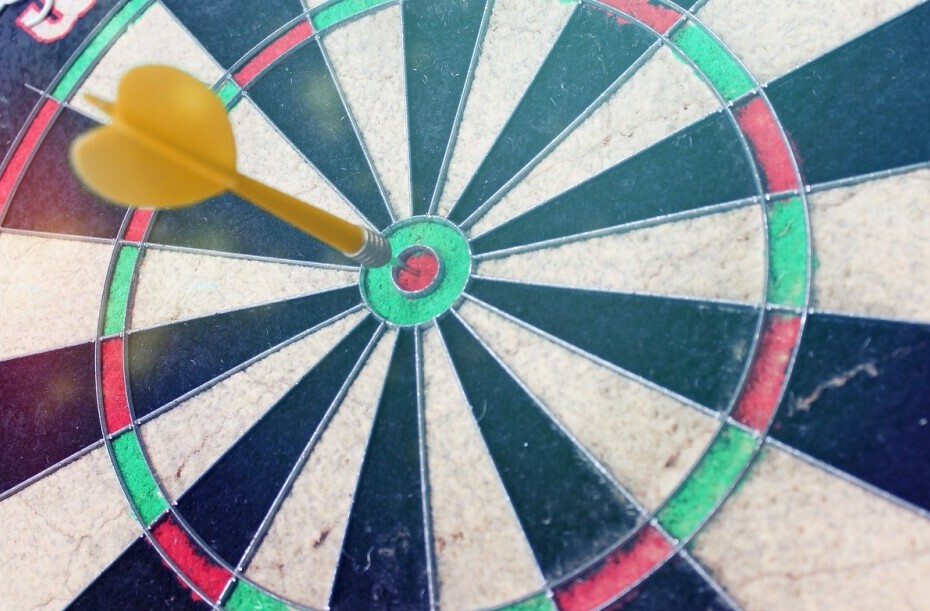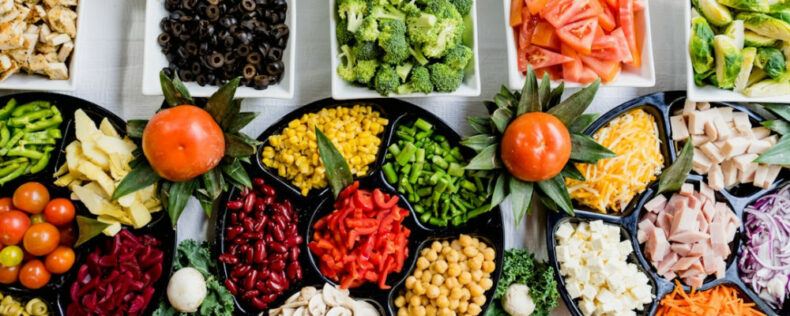Dieting is hard. It requires an enormous amount of persistence and discipline. As true as that is, though, sometimes it can also seem way more involved than it needs to be, which leaves many people thinking it’s a near-impossible endeavor. The truth is, if you’re looking for the most effective diet plan for weight loss, it might be easier than you think.
Why do I say this? Not too long ago, I went on a diet in an attempt to look leaner and was able to lose about 20 pounds over the course of four months. To do this, I didn’t follow any trendy diets or weight loss programs. My approach was simple yet effective, so I want to share it with you to show that a successful diet doesn’t need to be too complicated.
The Problem with Most Diets
First, let’s understand why many traditional diets don’t end up working for most people. If you look online for different kinds of diets, the results can be quite overwhelming: vegetarian, vegan, carnivorous, keto, paleo, raw, Mediterranean, the list goes on. It’s not that these methods are ineffective; in theory, these diets can have many health and weight loss benefits if you maintain them, but the reality is that they can be hard to keep up because they each come with their own strict set of rules about what you can and can’t consume.
Not only can these rules be confusing, it’s also not practical to abide by them at all times. When you eat out at restaurants or go on vacation, it can be difficult to meet certain dietary requirements.
In addition, completely cutting off certain kinds of foods is unsustainable because you’ll eventually get very strong cravings for the foods you can’t have. Most people ultimately succumb to these cravings and revert to their normal diet. Dieting for weight loss is something that definitely requires time, so if you can’t stick to a diet for very long, you won’t be able to make significant progress.

Therefore, let’s talk about a different approach to dieting that can help you avoid running into these kinds of obstacles along the way.
Have Everything in Moderation
If your primary goal is to lose weight, then we can just forget all those aforementioned diet plans, because there’s no need to fully eliminate any types of food from your diet.
In my post Bulking and Cutting Explained, I discuss in more detail about how your caloric intake impacts your fat and muscle accumulation, but simply put, your weight is primarily determined by how many calories you eat. If you want to lose weight, you need to maintain a caloric deficit, which is when you ingest fewer calories than you burn, over an extended period of time.
This means that instead of focusing on what you’re eating, you should be more concerned with how much you’re eating.
Obviously, there are other considerations from a health or muscle-building perspective, so you still need to be mindful of the amount of nutrients and protein you’re getting, but what I’m saying is that as long as you’re within your caloric limit, you don’t have to be too restrictive with where those calories come from.
For example, many people become deathly afraid of carbs when they try to diet, and I was the same way for a long time. However, if you can make it fit into your daily caloric intake, there’s no reason you can’t have a bit of rice, bread, or pasta with your meals. In fact, carbs can actually be an important source of energy when you’re dieting.
Treat Yourself Once in a While
Even when it comes to the calorie-dense, highly-processed foods you love that are typically forbidden in any traditional diet, you don’t need to say goodbye to them forever.
As health-conscious as I am, I still get cravings for things like ice cream, burgers, and fried chicken, and it would be impossible for me to accept a reality in which I could never eat those foods again. To manage those cravings and renew your focus on your diet plan, it’s totally fine to have a “cheat day” once in a while. Cheat days are meant to give you a day when you can eat all the things you typically wouldn’t eat as part of your normal diet, so you can satisfy those cravings while not entirely derailing your diet.
Dedicating an entire day to intentionally eating as unhealthy as possible might sound like every person’s dream, but it can also be overwhelming and excessive. If you’d rather indulge in your cravings more frequently but to a lesser degree, cheat meals are an alternative. If you’re able to fit the calories into your caloric intake for the day by reducing calories from the rest of your meals, you’ll be fine even if you decide to grab McDonald’s for lunch every now and then.
To be clear, I definitely don’t encourage eating junk and processed foods frequently. Even if you can make the calories work, the lack of nutritional value in these foods makes them a poor substitute for unprocessed, whole food sources. However, I do believe that having the ability to eat what you want from time to time is a crucial part of making a diet plan sustainable.
Set Weekly Goals
It goes without saying that getting in shape and improving your health doesn’t happen overnight; it happens as a result of making permanent changes to your eating habits and lifestyle. That being said, a caloric deficit isn’t something you should be trying to maintain indefinitely.

If done correctly, a diet should be capable of bringing your weight down to a satisfactory level in a timely manner. From there, whether your goal is to maintain that weight or focus on building muscle, you shouldn’t need to continue dieting. The problem for many people is that they don’t set expectations for their weight loss. If they don’t end up losing weight this week, they’ll just try again next week, and they end up trying to lose weight indefinitely without much progress.
An effective diet plan requires a smart, strategic approach. It requires coming up with a timeline for how long the diet should last based on how much weight you plan to lose each week. From there, you’ll have a weekly goal to hold yourself accountable to. If you’re not able to meet that goal, perhaps you need to further reduce your caloric intake, indulge in cheat meals less often, or tweak your diet in some other way.
To give you a sense of how long you might need to reach your desired weight, a healthy rate of weight loss for most people is between 1-2 pounds a week. It’s important to note, however, that this rate can vary depending on your current body fat percentage; therefore, you should consult with an expert or conduct further research to determine your optimal rate of weight loss.
Simplicity Sticks
Losing weight is already difficult enough. Trying to adhere to strict diets and programs only makes it that much more confusing, complicated, and likely to result in you eventually giving up.
The simple fact is that if the amount of calories coming in is less than the amount of calories going out, you’re going to lose weight. That’s the one rule you need to follow, so the most effective diet plan for you just comes down to whatever allows you to adhere to that. If eating at a deficit seems like a difficult task in and of itself, check out my 5 tips for sticking to a caloric deficit.

